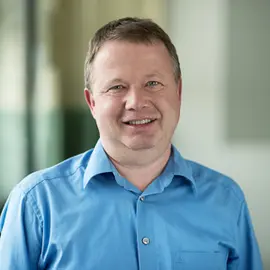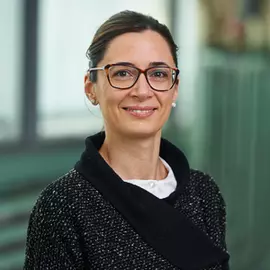Accessibility Studies

In the Accessibility Studies professorship, we conduct research on methods for reducing barriers to communication in different contexts and for different target groups, such as people with sensory impairments. We investigate the intersemiotic translation of visual information into spoken language (audio description) and spoken language into written language (speech-to-text), as well as the intralingual translation of standard languages into simpler varieties (easy-to-read language and plain language). This enables us to evaluate the accessibility of existing services by means of text analysis and by conducting empirical research with the target groups. Such knowledge acts as a catalyst for advancing research because it reveals to us the needs of target groups and gives us an indication of how to develop and optimise accessibility methods and tools. In the professional world and society in general, this knowledge helps to make linguistic content accessible and understandable to all people, thus creating the conditions for an inclusive and participatory society.
In focus
LAIC Lab – Language Accessibility and Inclusive Communication Lab
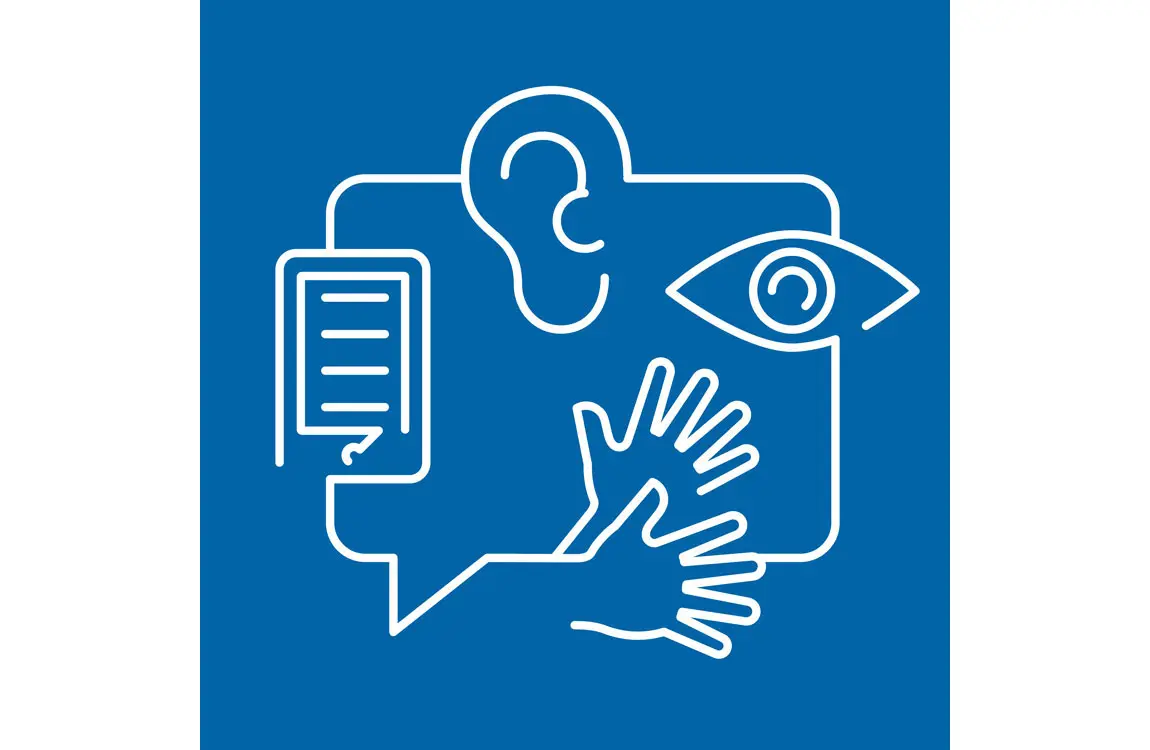
The professorship of Accessibility Studies maintains close contact with the LAIC Lab – Language Accessibility and Inclusive Communication Lab, which exists in parallel at the School of Applied Linguistics. The professorship’s expertise as well as its project and research results are incorporated directly into the Lab, which facilitates solutions that allow for accessible communication. Through the Lab, the ZHAW establishes networks with research and private sector partners from across Europe. Together with its partners, the Lab offers services for public institutions, organisations and companies.
Audio description explained in simple terms
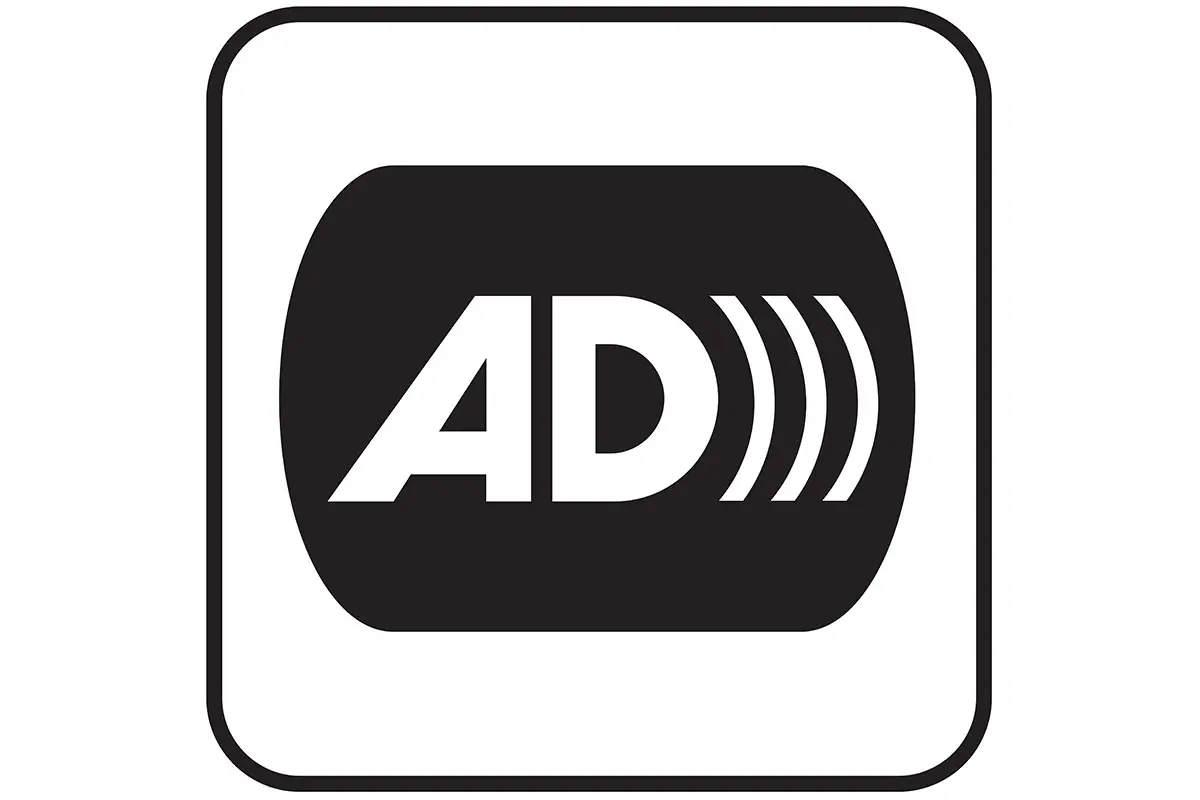
With the goal of explaining the theory and practice of audio description in simple terms, our team has created an introduction to audio description in German that is accessible to a wider audience. The aim is to clarify the complex nature of audio description (and the associated costs). The text is already used as a source of information by German television editors who, while being responsible for ensuring accessible communication, do not produce audio description themselves. With the help of a blind co-author, we have also optimised the text for processing with a screen reader.
Handbook of Easy Languages in Europe

Our team contributed to the Swiss chapter of the newly published "Handbook of Easy Languages in Europe", which was edited by Camilla Lindholm and Ulla Vanhatalo (Frank & Timme, 2021). The volume describes the historical background, guiding principles and current practices of producing easy language in 21 European countries, including Switzerland. The following aspects are also considered for each country: terminological definitions, legal status, target groups, guidelines, education, research and considerations with respect to the future outlook for easy language.
Research-based teaching
The results from our projects and research work are integrated into the BA in Multilingual Communication, the MA in Language and Communication – in particular the Specialisation in Multilingual Communication Management – and in the continuing education programmes offered at the IMK. In addition, students are given the opportunity to participate in our research projects when appropriate.
Team
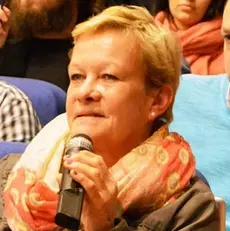
Prof. Susanne J. Jekat
Former Head of Accessibility Studies (until March 2022)
